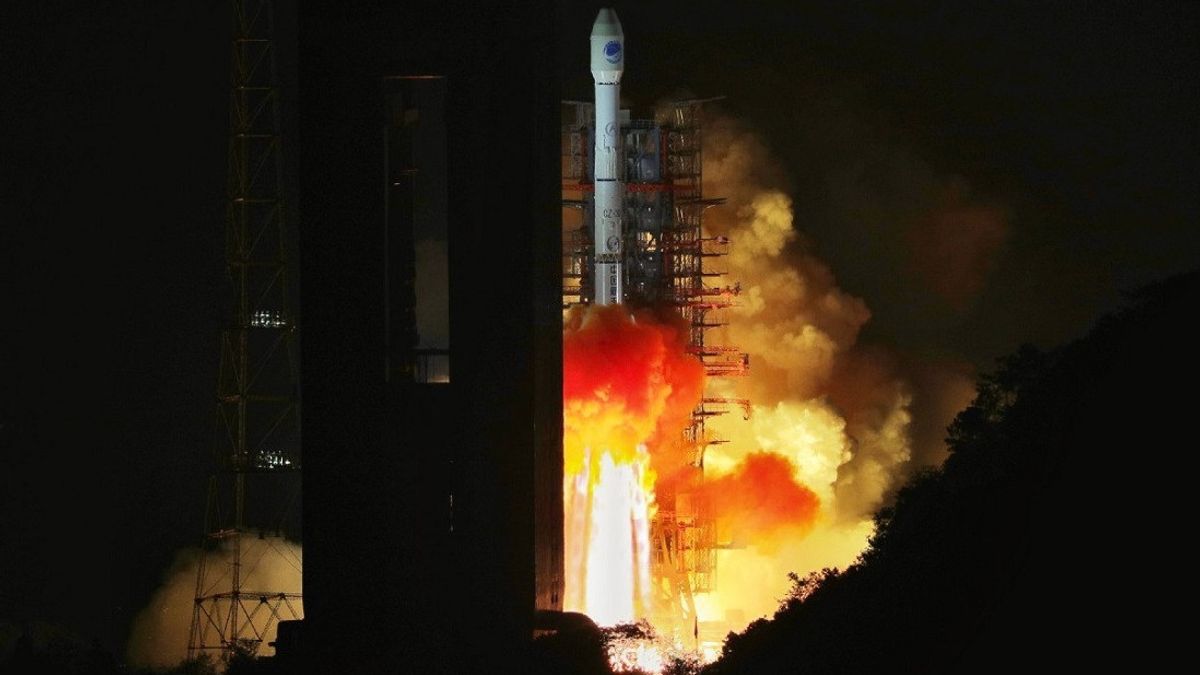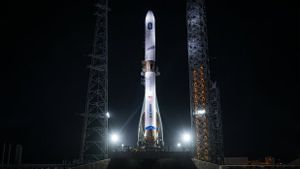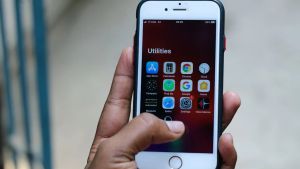JAKARTA - The Nusantara Dua satellite failed to fly to its orbit. Reportedly, the rocket carrying the satellite experienced technical problems, exploded and destroyed shortly after take-off.
Space Flight Now proclaimed, Satellite Nusantara Dua, carried by a Long March 3B rocket through the Xichang Satellite Launch Center (XLSC) in Xichang, China, on Friday, April 10. The launch process was going well and has been airborne about 22,000 miles (nearly 36,000 kilometers above the equator) on the first stage and the second stage.
However, when entering the third stage, one of the booster rockets belonging to the Long March 3B failed and the satellite failed to reach its designated orbit. The rocket was destroyed and the debris fell into the ocean.
A Long March 3B rocket failed during the launch of an Indonesian communications satellite Thursday, leading to sightings of fiery debris in the skies over Guam (📷: @KanditNews). FULL STORY: https://t.co/jNN72dQmHX pic.twitter.com/6pG4OmLmJw
- Spaceflight Now (@SpaceflightNow) April 9, 2020
Residents of Guam also had time to record this incident. The video posted to Twitter shows debris moving across the moonlit night sky. The Guam Office of Homeland Security and Civil Defense said in a statement that the debris was likely a failed Chinese rocket launch.
The failed launch of the Nusantara 2 satellite was the second incident that occurred within a month after one of the rockets from China also experienced a similar failure. The Long March-7A rocket encountered problems after taking off on 16 March.
As is known, the launch of the Nusantara Dua satellite is planned to replace the Palapa D satellite, which expires its operational period in the middle of this year. This satellite was made by the China Academy of Space Technology on the DFH-4 satellite platform.

The plan is that the satellite bearing the name Palapa-N1 is projected to fill the 113 degrees East Longitude (BT) orbit slot and will be utilized by Indosat Ooredoo as a satellite service provider to support the broadcasting media business in Indonesia.
Despite failing to reach orbit, Nusantara Dua is covered by insurance against the risks of launching and operating the satellite. Moreover, this satellite is the result of a joint venture between PT Palapa Satelit Nusa Sejahtera (PSNS) formed by Indosat Ooredoo, PT Pasifik Satelit Nusantara (PSN), and PT Pintar Nusantara Sejahtera (Pintar) to operate the Nusantara Dua satellite.
In addition, the Ministry of Communication and Information Technology (Kominfo) has also coordinated with the International Telecommunication Union (ITU) to secure the 113 degree East Longitude orbit slot so that it is not used by other countries. Where Kominfo and developers prepare a replacement satellite until next June.
The English, Chinese, Japanese, Arabic, and French versions are automatically generated by the AI. So there may still be inaccuracies in translating, please always see Indonesian as our main language. (system supported by DigitalSiber.id)













